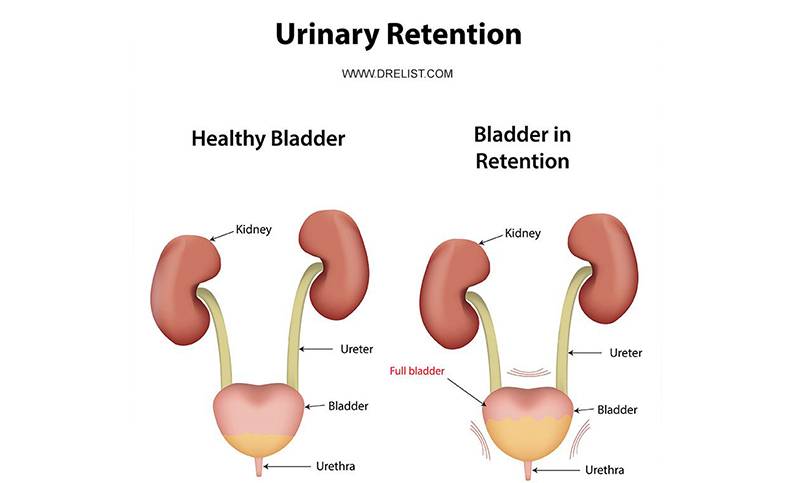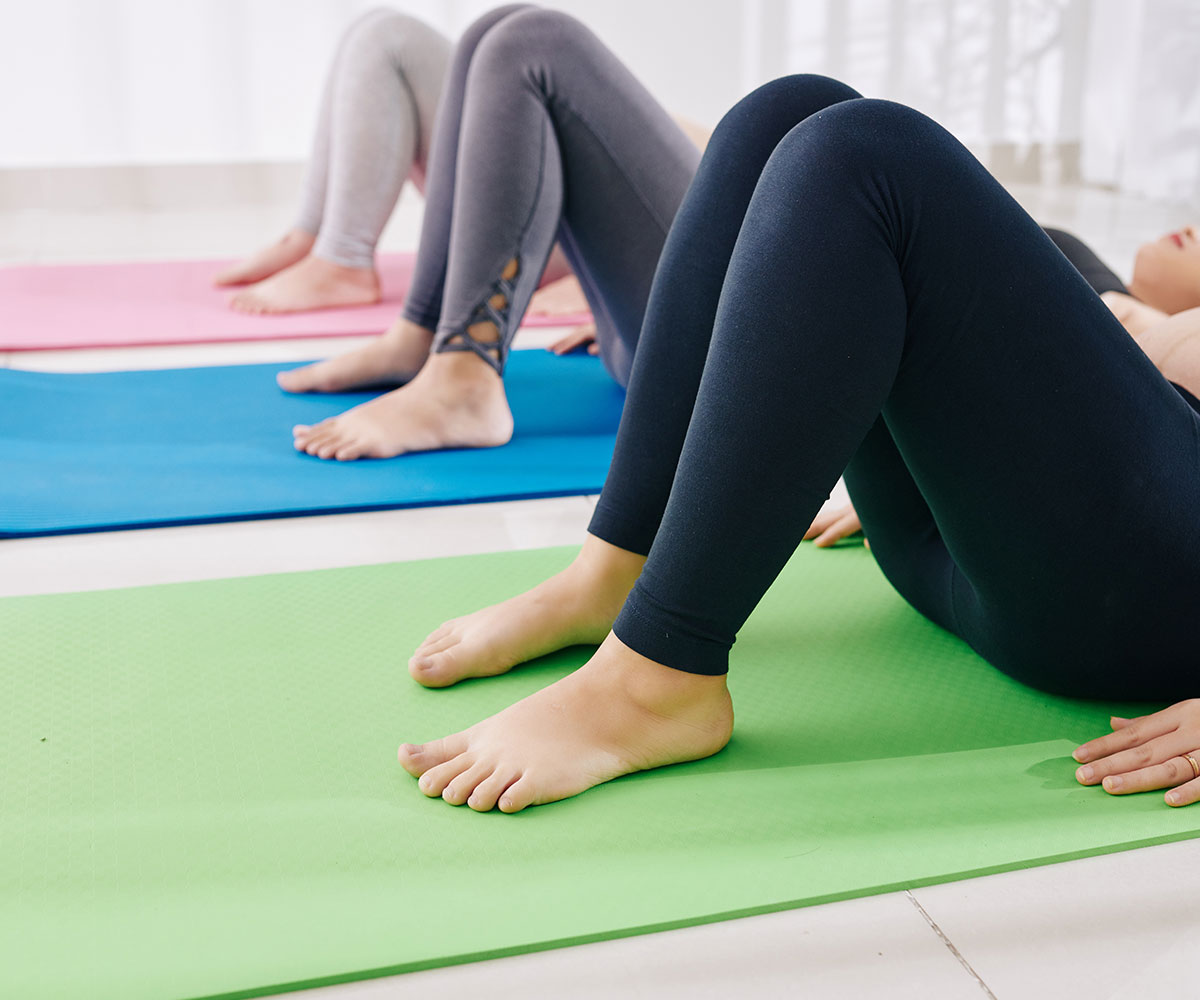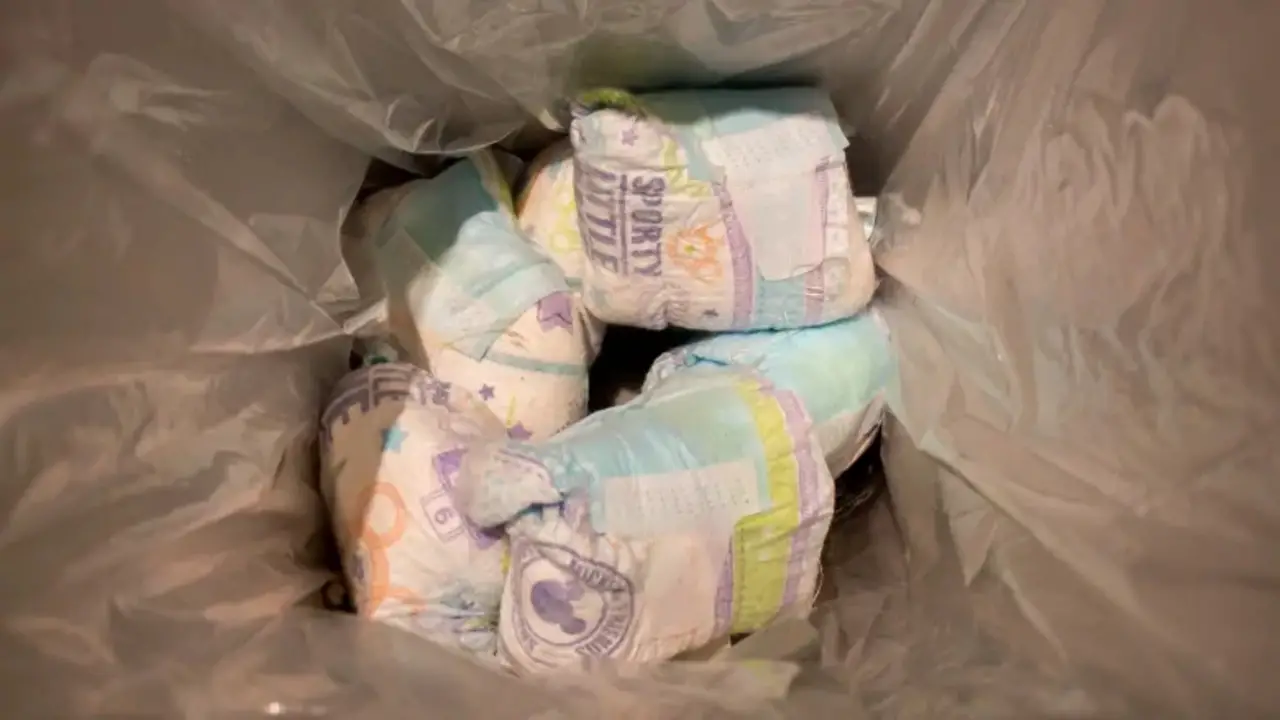
September 1, 2024
Postpartum Urinary Incontinence


Postpartum Urinary Incontinence The postpartum period starts not long after the baby's distribution usually lasts 6 to 8 weeks, and ends when the mom's body has nearly returned to its pre-pregnant state. The postpartum period is essential for both short-term and long-lasting health and wellness and wellness for a female and her newborn. This activity must aid the interprofessional team provide comprehensive postpartum take care of the brand-new mother. If you're having difficulties during your postpartum recuperation, don't be afraid to call your doctor at any time. And don't keep back on sharing your feelings with your partner, or connecting to buddy and relative for aid with the baby. Your physical and psychological health is essential, so see to it to give yourself a break when you require it the most.
How Long Does Postpartum Incontinence Last?
- If you're not nursing, your periods may return to between 6 and 8 weeks after your infant's birth.
- This laceration, called (midline) episiotomy, is meant to stay clear of incidental tearing of the vaginal area or anus as the child provides.
- Giggling, coughing, sneezing, jumping and various other activities can place added pressure on the bladder sphincter, the muscle valve at the end of the bladder that manages pee circulation.
- " I need a lot of support around taking care of the injury and browsing this labyrinthine health system.
- This is the stage when the uterus is going back to its previous state; therefore, it is normal to feel this discomfort.
Child Development Graph
Talk with your doctor concerning just how you're feeling. Treatment often includes private or group treatment or drug. The blood and tissues that line your womb during your pregnancy will lose after your infant is birthed. It's normal for lochia to last from a few weeks up to a few months. The physical exam might include a check of your busts, belly, vagina, cervix and uterus to see to it you're healing well. That might consist of when you can begin having sex once more and obtaining made use of to life with a new baby. To see to it you're doing Kegels right, it might assist to see a physical therapist that specializes in pelvic flooring workouts. Pain might be related to healing of genital tissue/muscles complying with a tear during delivery. Pelvic floor exercises help to enhance the muscles of the pelvic floor which come under excellent pressure in maternity and childbirth. If your urinary incontinence does not get better, speak with your physician. A paediatrician (a doctor who specialises in treating children) will check your child and let you understand about any type of follow-up consultations that you need to book. A Caesarean section is a procedure to provide an infant by a surgery. If you have had a caesarean section, you will probably have a long time with your baby prior to you are taken to the recovery space. Within a couple of hours, you will be transferred to the maternity ward. You will certainly be linked to an intravenous drip to remain hydrated, and to a catheter for urination. You can locate a full checklist of resources made use of for this post listed below.Exactly how do you deal with a woman that can't hold her urine?
Social Links